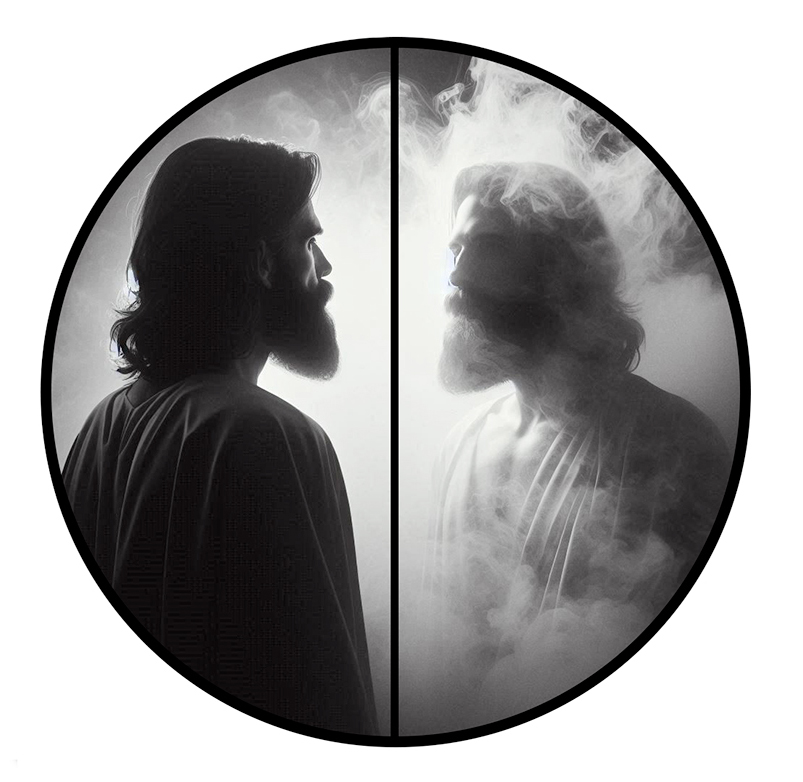 Genesis 4:2
Genesis 4:2

עבד Obed: Spearhead a slave, and Vanity
And she is adding to give birth to the self eternal brother of himself, self eternal Vanity. And Vanity is becoming an evil flock, and Spearhead has become a slave of the Ground of Adam.
"...whosoever does not understand/know of the Tomorrow, of what kind is the Zoe-life of yourselves? For you are all a vanity/vapor— she who appears toward a little, and thereafter she who disappears!" (James 4:14 RBT)
And she will add to bear his brother Abel; and Abel shall be a feeder of sheep, and Cain was a laborer of the earth.
And she continued to bear his brother, Abel. And Abel became a shepherd of flocks. And Cain became a tiller of the ground.
And again, she bore his brother Abel. Now Abel was a keeper of sheep, and Cain a worker of the ground.
And she again bore his brother Abel. And Abel was a keeper of sheep, but Cain was a tiller of the ground.
Footnotes
| 156 | Added to Bear, because not yet born above. she adds to beget. An infinitive verb is used, to beget for Abel as though she hadn’t yet given birth. The Hebrew verb to add is in the Hiph’il form meaning it is causative: to increase through addition. Contrast this with Cain whom “she begets” presently as the "first born." The Hebrew “tense” contrasts between them in verse 2 as well. Strong’s #3254, yasaph. To add. This is a verb. To increase through addition. It is often translated as “again” but “again” is not a verb but an adverb. Compare with Jesus’ use of the word “add” in the New Testament and Genesis 4:12. In the Proverbs the word is used, “For by me do your days abound, And added to thee are duplications of double-life [chayyim]” Prov. 9:11. The name of Joseph, a figure of Jesus, is from the same root and means “he increases”. |
| 157 | There are two separate marks of the eternal self accusative. Abel means breath, in the sense of mere breath or vapor. See Strong’s #1892. Compare James 4:14, “who do not understand the Tomorrow; who is your zoe-life? For a breath you are, the one towards a little [one] shining then also disappearing.” |
| 158 | The Whole is Vanity! The word רעה (ra'ah) in Hebrew can function as both a noun and a participle, each with different meanings:
In this instance there is no letter vav ו to form the proper participle spelling. But the Masoretes vowel pointed it to pronounce it as such. The noun רעה is feminine and agrees with the feminine tson meaning "sheep." Strong’s #6629, tson, feminine. a sheep. A singular noun, but has been interpreted as a collective noun for a herd of small animals namely sheep and goats. Watch the story switch back and forth between using the incomplete form when discussing Abel, but the complete when discussing Cain. |